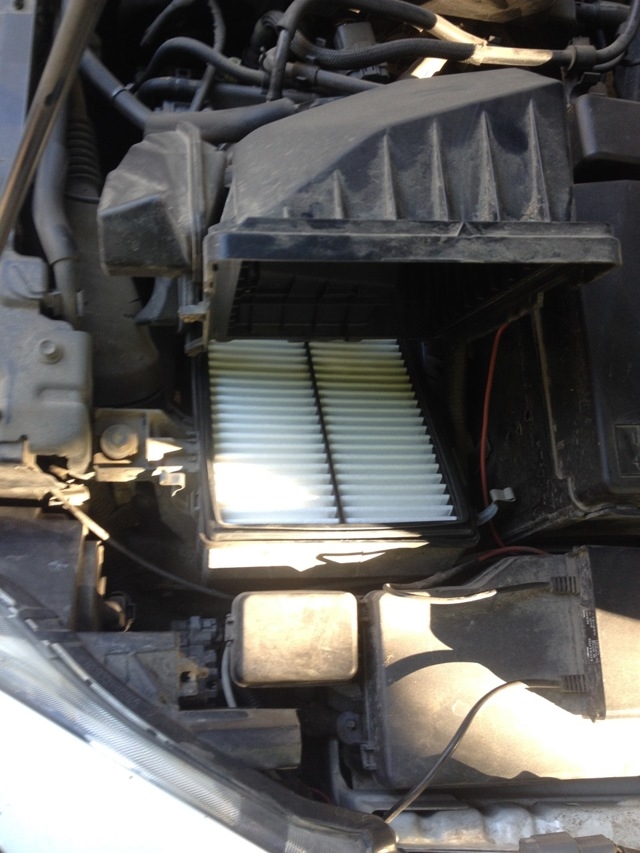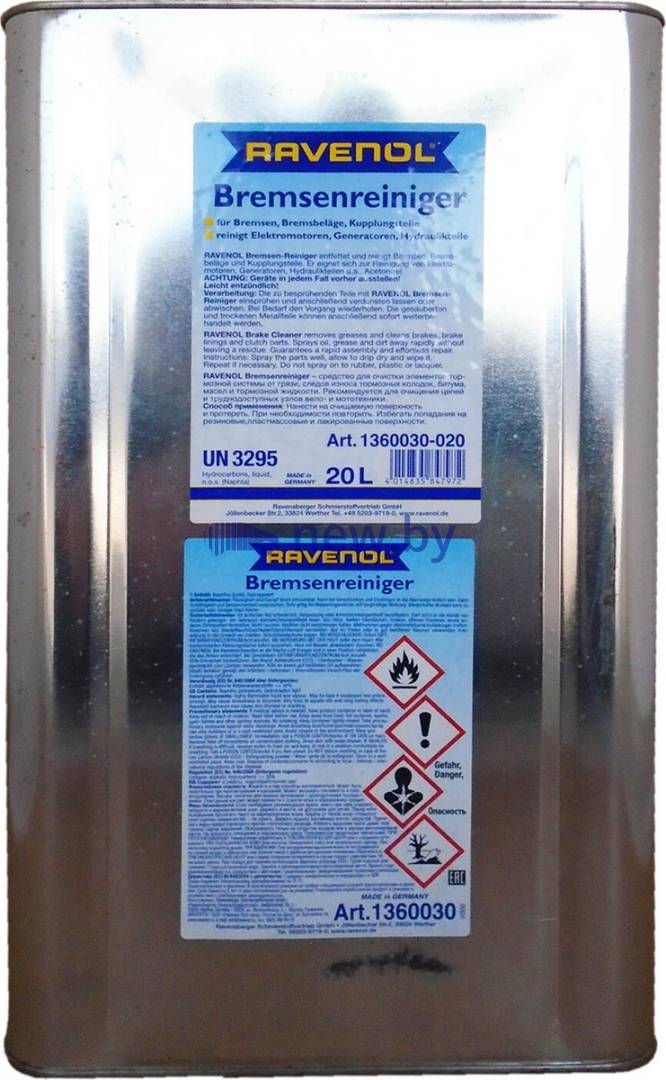Author Email:
Question Labels!
A concern tag is something which might turn an announcement into a concern. Seems quite simple, right? That’s since it is. A typical example of this would be the declaration ‘you don’t consume meats.’ Adding a question tag, you turn it into a question ‘you don’t eat chicken, will you?’
Contained in this point, we will become taking a closer look at just what matter tags become as well as how they can be used, enabling you to become more positive about using them yourself.
Table of information
What are Concern Labels?
Learn how to means label inquiries in English with of use grammar policies, video, sample phrases and ESL printable worksheets.
We make use of matter labels at the end of statements to ask for confirmation. They indicate something like: “Are your ok?” or “Do you might think therefore?” They’ve been quite typical in English.
Label matter definition & examples
Rules for Forming Tag Concerns
How to Form Concern Tags in English?
To form the two-word tag concerns, you should proceed with the policies below:
- The topic in report suits the niche into the tag.
- The reliable verb or verb to get into the statement suits the verb included in the tag.
- If declaration is actually good, the label is generally adverse and the other way around.
- He’s check out this book, haven’t the guy?
- The guy read through this guide, didn’t the guy?
- He’s reading this article book, isn’t he?
- The guy checks out some products, doesn’t he?
- He’ll read through this book, won’t he?
- He should check out this book, shouldn’t the guy?
- They can read through this book, can not the guy?
- He’d peruse this book, wouldn’t the guy?
Tag concerns in English
Exceptions in Creating Matter Tags
Statements with Adverse Adverbs
The adverbs never , seldom , scarcely , hardly ever , … bring a poor feeling. We heal comments with your phrase like negative comments, so that the matter label is usually good.
- There is never seen that, need we?
Comments start with I’m
We make use of the verb form include/aren’t I if the subject could be the first individual single.
Statements start with Let’s
We use shall we after sentences with Let’s .
- Let’s use the next bus, shall we?
- Let’s go homeward, shall we?
With Imperatives
Sometimes question labels are utilized with imperatives (invites, requests), nevertheless the sentence continues to be a vital and does not call for a primary address. We make use of won’t your for invitations, and may you/can’t you/will you/would your for requests.
- Opened the screen, will you? (order – reduced polite)
- Sit back, won’t you? (invitation – considerate)
With There… design
As soon as we make use of the there… design, there is certainly reflected inside the label.
- There ‘s nothing wrong, will there be ?
- There weren’t any difficulties once you chatted to Jack, have there been ?
Statements with Nobody/No one, Somebody/Someone, Everybody/Everyone once the matter
We make use of the pronoun they under consideration labels after statements with nobody/no one , somebody/someone , everybody/everyone just like the subject matter.
- Someone planned to acquire Jack’s bicycle, didn’t they ?
Statements with Nothing/Something/Everything while the subject
Once the topic try nothing/something , we make use of it from inside the label question.
- Anything took place at Jack’s home, didn’t it ?
Comments using this
As soon as the matter is it , we use it in tag matter.
- This will function, won’t they ?
Mention:
We  could utilize affirmative tag inquiries after affirmative sentences to show a response eg shock or interest.
could utilize affirmative tag inquiries after affirmative sentences to show a response eg shock or interest.
- You’re moving to London, will you be ?
Question Label Intonation
We use dropping intonation on concern labels once we were examining records and now we anticipate the listener to concur.
-
it is a beautiful day, is not they?
We utilize rising intonation to ask a proper question, as soon as we tend to be unsure perhaps the statement holds true or perhaps not, or when asking for details and creating demands.
87 total views, no views today








